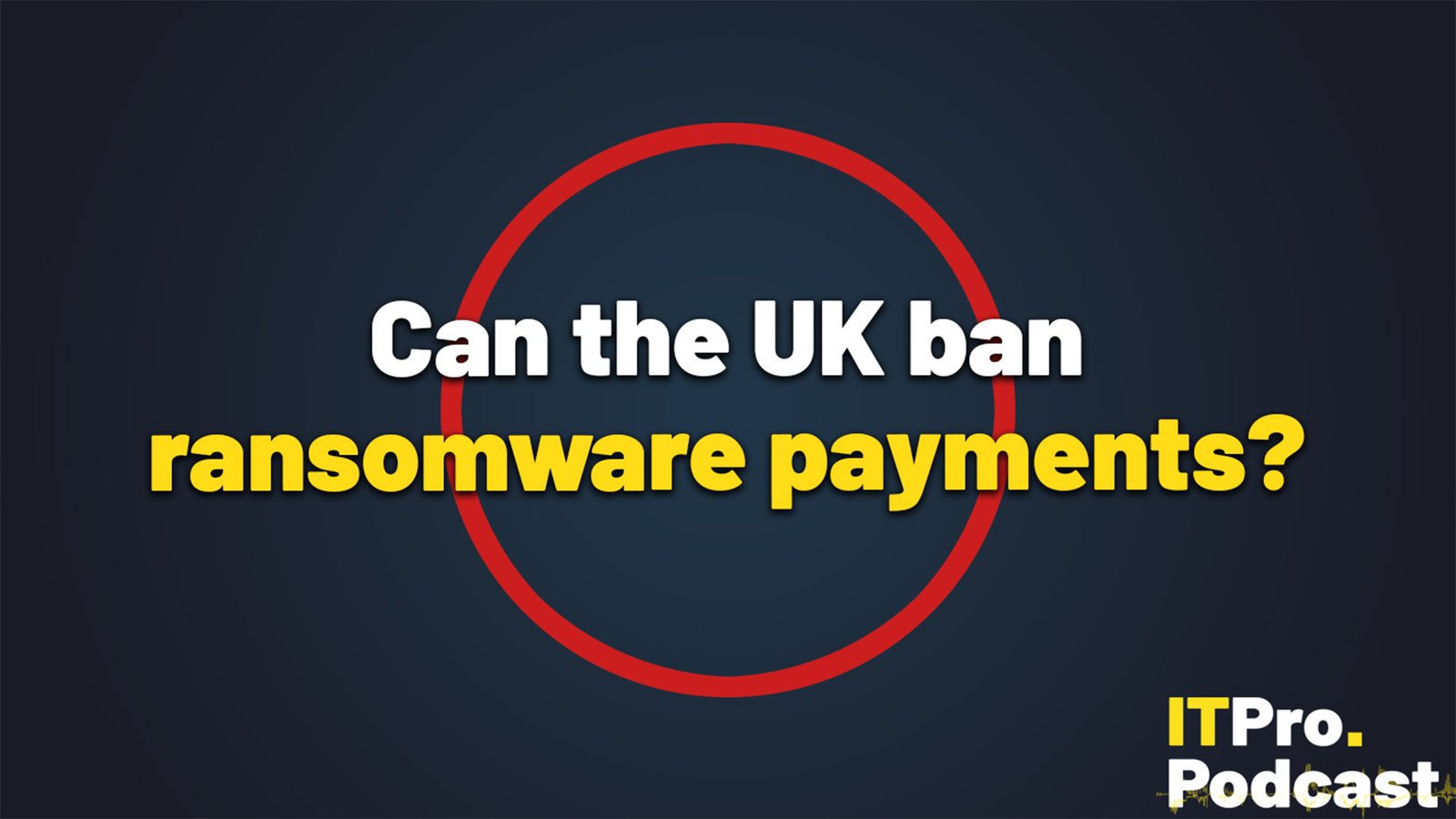[ad_1]
Ransomware payments could soon be a thing of the past in the UK – at least that’s the hope of new controls and mandatory reporting requirements to prevent ransomware from inflicting damage on UK businesses.
Under government proposals, public bodies and operators of critical national infrastructure would be banned from paying up when they’re hit by ransomware – and other businesses would have to be transparent when they decide to cough up the cash.
But can we really put a lid on ransomware? And might the new rules have unintended negative consequences?
In this episode, Jane and Rory discuss the UK government’s new ransomware payment ban and what it could mean for the sector.
Highlights
“You can see why ransomware is is such a lucrative operation for these threat groups, because for some businesses, there’s very little argument. You know, ‘okay, we plan for this, here’s the cash, can we have our data back?.’ It’s a pretty seamless operation.”
“There’s been a mixed response from the cybersecurity industry. So some have praised it as a bit of a no brainer, others have warned that it really doesn’t do very much to defend businesses, as we’ve been discussing. Jonathan Wright, who is a partner in the UK Data privacy and cybersecurity practice at Hunton, Andrews Kurth LLP law firm, said that the ban risks punishing the victims.”
“We are always covering cases of ransomware causing serious damage to businesses and we recently, in fact, published a piece that said that cyber attacks cost UK businesses alone £64 billion a year. That’s including ransom payments, but also staff overtime, lost business and all the other associated costs. So it’s clear that it has a major impact on the economy.”
Subscribe
TOPICS
[ad_2]
Source link

